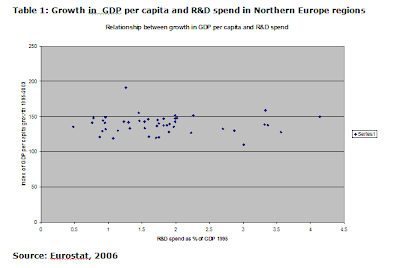Charles Chu reflects on Gene Wolfe's observations about things we forgot to invent. Before we start, if you haven't read Gene Wolfe's 'Book of the New Sun', you've missed a real treat.
Chu cites wheeled luggage (or rather cites Nassim Taleb's insight), invented around 1970 and not widely available until some time later. Something as mind-bogglingly obvious as sticking wheels on luggage somehow got missed in the 3,000 years between the invention of the wheel and those pioneering wheeled suitcases.
This was Wolfe's realisation - some things like, for example, the hot air balloon got invented a lot later than their simplicity and logic suggest. Wolfe also spotted that somethings got invented more than once (steel smelting - invented in the 5th century BC in China and then again in Britain in the 19th century):
“They had indoor plumbing in Ancient Crete. It was lost with the fall of that civilization, and did not reappear until long after it was needed. A model airplane, carved from wood, has been found in an Egyptian tomb. (Don’t get me started on the Egyptian girl wearing sunglasses.) Electroplating seems to have been invented at least twice. And so on. I decided to put the hot-air balloon in the Dark Ages, and I threw in a few other things too. Thus the story you have just read. Was there ever a time like that? No. Could there have been? Certainly.”We think of invention as a sort of linear process where x leads to x+ and so forth. The reality is that, not only does x quite often go straight to x++++ but it's a long time before some clever human backtrack to actually invent x+.
In speculating about how we create the right environment for invention, Chu suggests that instead of throwing loads of cash at posh research and development we should do what every bloke with a shed knows:
The answer, then, may not be to pour more funding into R&D. Rather, we should encourage tinkering — we need to repeat many rounds of random, playful and curious trial-and-error to actually discover the amazing ideas that are sitting, invisible, right in front of our faces.....
